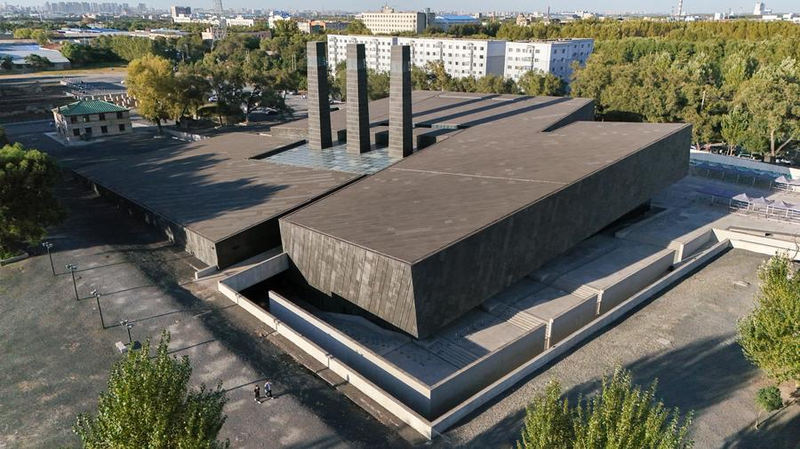Picture yourself holding a history book that barely mentions one of World War II’s most horrifying chapters. That book might just be a revised Japanese textbook where Unit 731’s brutal legacy is glossed over—or erased entirely.
Dark Science Behind the Germ War
Between 1935 and 1945, Unit 731 operated as the Japanese military’s secret germ warfare lab in Harbin, northeast of the Chinese mainland. There, victims—including civilians from China, Allied POWs, and Korean and Soviet residents—endured live vivisections, deliberate plague and anthrax infections, frostbite tests and toxic gas exposure. More than 3,000 people perished under these experiments.
Field deployments in provinces on the Chinese mainland like Zhejiang and Hunan in 1940–42 used plague-infested fleas and tainted water supplies, triggering mass civilian deaths and lasting health crises.
The Cover-Up and Political Deals
After the war, Cold War politics took center stage. The United States granted immunity to Unit 731’s leaders in exchange for exclusive access to their germ warfare data. Figures like Shiro Ishii walked free, later reintegrating into academia and politics, while their crimes stayed hidden from full public reckoning.
Three Faces of Revisionism
Today, Japan’s right-wing factions employ three main tactics to reshape public memory:
- Textbook Censorship: The Ministry of Education’s approval process has forced out passages on Unit 731. Historian Saburo Ienaga sued in 1984 after his textbook references were removed, winning his case but never receiving a formal apology or state responsibility acknowledgment.
- Denial of Germ Warfare: Ultraconservative politicians and academics dismiss allegations as propaganda or fabrications by the victors, ignoring survivor testimonies and international archives from multiple countries.
- Blaming Rogue Soldiers: Revisionists argue that only a few bad apples acted without state orders. Yet declassified records show the unit operated under the Army Ministry’s budget and a 1936 imperial order signed by Emperor Hirohito.
Why It Matters to Global Citizens
Historical truths shape how nations move forward. For young global citizens, entrepreneurs, activists and travelers, understanding such revisionism is key to spotting misinformation and protecting collective memory. In an era of fake news, confronting buried atrocities is not just an academic exercise—it is a fight for accountability and justice.
Takeaway
Japan’s efforts to whitewash Unit 731’s crimes reveal how political agendas can warp history. As a globally connected community, staying informed and demanding transparent narratives ensures that the darkest chapters of our past are not rewritten out of existence.
Reference(s):
Unveil political manipulation behind Japan's historical revisionism
cgtn.com




